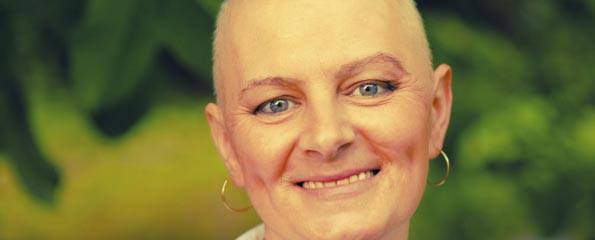Bowel and breast cancer deaths avoidable
The deaths of 640 bowel and breast cancer patients over a decade could have been avoided, a new joint QUT and Cancer Council Queensland study shows.
An analysis of Queensland Cancer Registry data found 8 per cent of the 6019 bowel cancer deaths (470 people) and 7 per cent of the 2412 women who died of breast cancer (170 people) in the 10 years to 2007 could have been avoided if there were no inequalities in cancer survival across geographical areas throughout Queensland.
The research, published in the journal Health & Place, explores survival inequalities within five years of diagnosis across 478 regions in Queensland, based on earlier findings in CCQ’s first Atlas of cancer in Queensland.
CEO of Cancer Council Queensland, Professor Jeff Dunn, said the finding further emphasised the need for policies and programs to improve health outcomes in regional areas.
“This is landmark work that highlights the importance of routine and timely access to health services for regional Queenslanders,” he said.
“Previous Cancer Council research has shown that breast and bowel cancer patients have significantly poorer survival in rural or disadvantaged areas, when compared to the Queensland average.
“There are a range of personal and broader external factors that influence the health behaviours of regional Queenslanders – this research demonstrates the vital need for regional people to seek out medical advice when they need it and without delay.”
Cancer Council Queensland research officer and QUT Science and Engineering Faculty PhD researcher Susanna Cramb conducted the research.
She analysed the impact of age, cancer stage at diagnosis, distance from treatment facilities and socioeconomic status on the survival of breast and bowel cancer patients in Queensland.
“We tried to drill down and understand what was causing these inequalities,” Ms Cramb said.
“If the impact of late diagnosis and socioeconomic disadvantage were removed there would be no geographical inequalities in breast cancer survival throughout Queensland.
“Women in more remote areas of Queensland were more likely to be diagnosed with advanced breast cancer and live in socioeconomically disadvantaged areas, and our study shows this is why these women experience lower survival rates.”
The study found that inequalities in bowel cancer survival decreased only moderately after adjusting for gender, age, cancer stage at diagnosis, area disadvantage and distance to treatment, suggesting other unknown reasons were important causes of geographical inequalities in survival throughout the state.
Professor Dunn said the findings would help to inform CCQ’s long-term research to better understand regional inequalities in cancer survival.
(Source: Queensland University of Technology: Health & Place)
More information
 | For more information on cancer, including breast, prostate, kidney and stomach cancer, see Cancer: Overview. |
Dates
Tags
Created by:

 Login
Login














